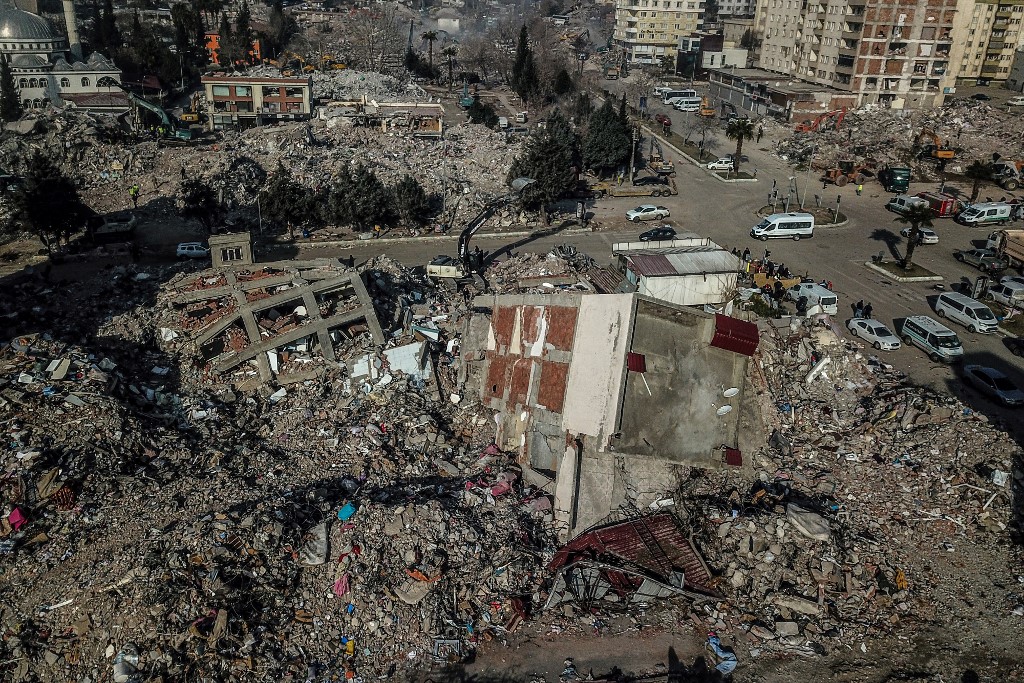The International Federation of Red Cross and Red Crescent Societies (IFRC) has warned of the presence of asbestos in buildings affected by devastating earthquakes that hit Turkey in early February and its impacts on health and the environment, the Stockholm Center for Freedom reported.
According to the IFRC, the presence of asbestos has been detected in many buildings, old and new alike, including structures in the earthquake zone despite the fact that its use was banned in 2010 in Turkey.
“With more than 210 million tons of earthquake rubble, relief teams and victims are both exposing themselves to elevated health risks from asbestos,” the IFRC said.
A 7.8-magnitude earthquake that struck near the Turkish city of Gaziantep – home to around 2 million people and on the border with Syria – as people were sleeping on February 6 was followed by dozens of aftershocks, including a 7.5-magnitude temblor that jolted the region in the middle of search and rescue efforts the same day.
Other materials found in earthquake-affected areas that could cause health and environmental hazards include lead, especially from paint, lithium, fluorescents and mercury, according to the IFRC.

The IFRC earlier said in a statement that there is an urgent need for a sustainable short and long-term response to the health, mental health and psychosocial needs in Turkey and Syria after the devastating earthquakes.
According to relief organizations the impact of the earthquakes will be felt for months and years to come.
The damage in Turkey alone could amount to over $100 billion and $14.8 billion in Syria, the UN said and launched a $1 billion funding appeal to support millions of people in Turkey.
The IFRC is an international membership organization uniting 192 Red Cross and Red Crescent Societies.


